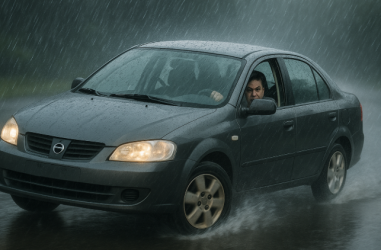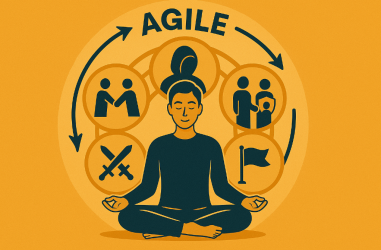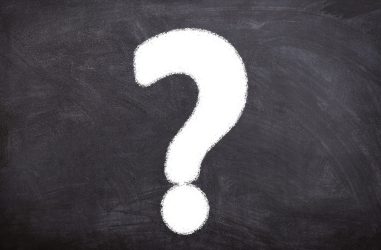
We are so used to doing tasks at work that very often success is understood as having all the tasks done.
How often, as a leader do you reflect on the results of these tasks?
I will start on OKRs (Objective and Key Results – goal setting methodology) but it’s not about it. I want to use it as an example. In fact this is a text about how we rest during vacation.
Getting things done?
I’ve been part of the OKR’s implementation teams in different companies. The biggest challenge was always the same. People defined Results as “doing something”: implementing a marketing campaign, releasing new functionality to production, introducing new technology.
And each time I asked: What is this task for? What result do you expect? – there was silence or explanations like: “our work is different and we cannot define results easily.”
I’ve just come back from vacation and it brought an interesting reflection. It was ok but not really great. We did many different things, we were spontaneous (we planned to visit the Peak District in the UK while chilling in a resort in Suffolk), we played Monopoly Deal and Dos with kids, and read books. At the end we wanted to go home (everybody). And my husband even admitted that for some time he had this feeling of losing time.
The 5 Steps to Understanding Rest
In the evening I took a walk and did a self-coaching session to dig deeper into that. I asked myself few questions:
Step 1. Starting Point
👉 How do I most often relax now? (e.g., a TV series, a book, a walk, travel, sleep, socializing, sports?)
Step 2. Energy Source
👉 When was the last time I truly felt like you were coming back from vacation “recharged”? What was that moment like, what did I do, who was I with?
Step 3. Balance
👉 What kind of rest do I usually lack: physical (body), emotional (relationships, emotions), intellectual (mind), or perhaps spiritual (silence, meaning, connection with myself)?
Step 4. Effectiveness
👉 How do I know that rest was truly effective for me? What signals are my body and mind sending to me?
Step 5. Pattern
👉 If I were to design the perfect day of rest just for myself, what would it look like? What would definitely be included, and what wouldn’t be included?
It gave me an incredible discovery on what I need to actually feel rested.
Self-Reflection as the Foundation
Simply having vacation (meaning having time off) is not enough to rest. We won’t rest doing what other people do or what social media or travel agencies or even our friends or spouses encourage us to do. (Imagine that amazing organized road trips where you just tick off the next “must see views”.) To truly rest you need to reflect on those above 5 points. Of course it’s not always possible to have a perfect vacation as most often we spend them with other people. However, knowing what’s best for myself allows me to plan it so that part of it gives me proper and adjusted rest.
Once again – self-reflection is the base for all parts of our lives. Understanding yourself allows you to understand others and use time you have in the best possible way.



